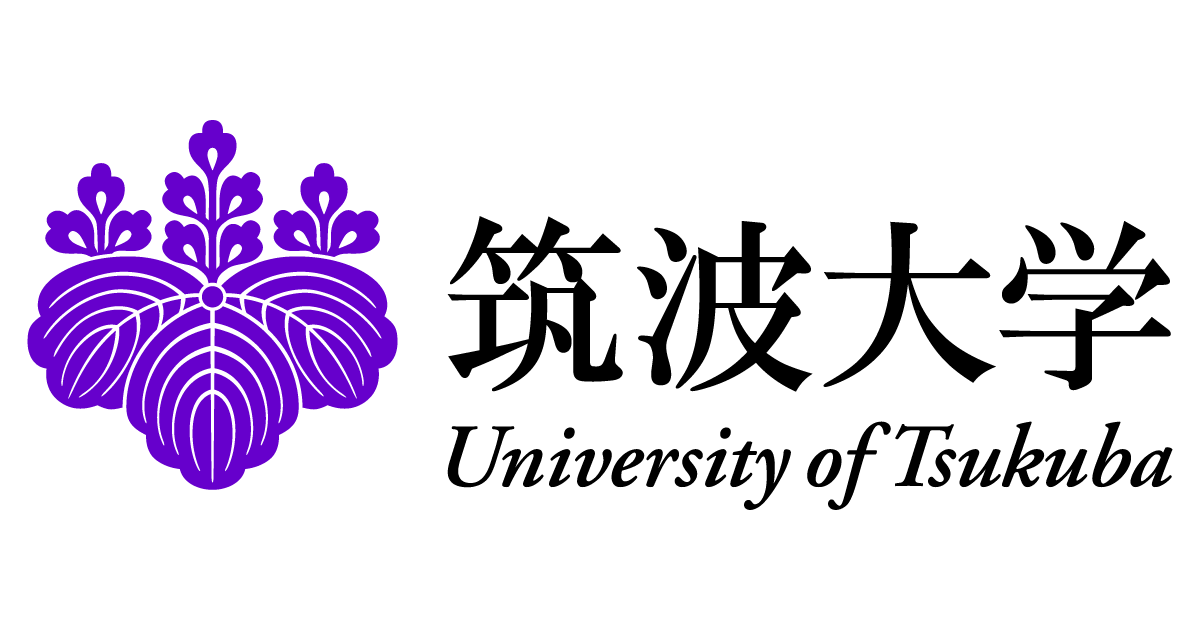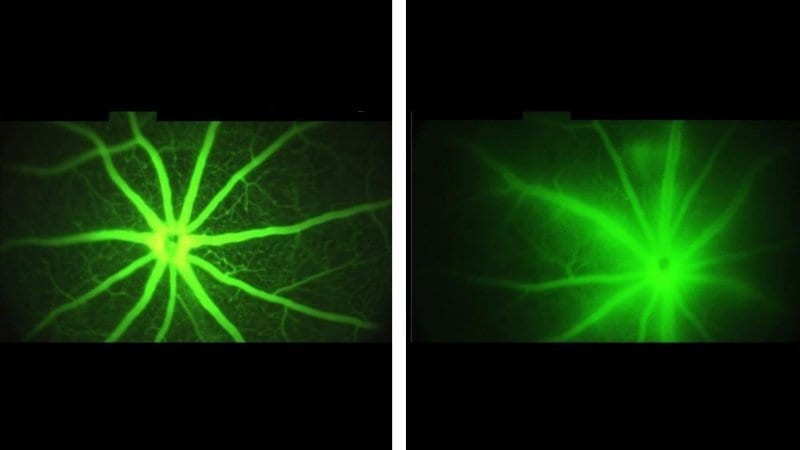
The University of Tsukuba, located in Tsukuba, Ibaraki, is one of the oldest national universities (established by Japanese Government) and one of the most comprehensive research universities in Japan
The Latest Bing News on:
University of Tsukuba Research
- Researchers unlock potential of 2D magnetic devices for future computing
Imagine a future where computers can learn and make decisions in ways that mimic human thinking, but at a speed and efficiency that are orders of magnitude greater than the current capability of ...
- UW Researchers Unlock Potential of 2D Magnetic Devices for Future Computing
Imagine a future where computers can learn and make decisions in ways that mimic human thinking, but at a speed and efficiency that are orders of magnitude greater than the current capability of ...
- Japan rethinking high-alcohol content trend
For those who want a shortcut to that tipsy feeling, they offer a cost-effective way of getting there," says Associate Professor Yoshimoto Hisashi at the University of Tsukuba. He is the director of ...
- Boosting Research for the Brain and Planet
Donors are advancing the College of Engineering’s Next Level strategic vision to create a better world for all through socially responsible engineering, inspiring education and transformative research ...
- Bonn University Rector receives Japanese imperial order
Bonn University Rector Michael Hoch is highly engaged in promoting academic exchange between Japan and Germany. This has now earned him a special award from the Japanese ...
The Latest Bing News on:
University of Tsukuba Discovery
- Researchers unlock potential of 2D magnetic devices for future computing
Imagine a future where computers can learn and make decisions in ways that mimic human thinking, but at a speed and efficiency that are orders of magnitude greater than the current capability of ...
- UW Researchers Unlock Potential of 2D Magnetic Devices for Future Computing
Imagine a future where computers can learn and make decisions in ways that mimic human thinking, but at a speed and efficiency that are orders of magnitude greater than the current capability of ...
- Enzyme discovery paves the way for developing universal donor blood
Researchers at DTU and Lund University have discovered enzymes that remove hindrances that stood in the way of developing universal donor blood.
- Why do we sleep? Research team in Japan close to finding answer
The discovery, made by a team primarily from the University of Tsukuba and published in the British scientific journal Nature on Dec. 8, provided some answers to an age-old question: Why do living ...
- US, Japan announce joint AI research projects funded by Nvidia, Microsoft, others
The Japanese and US governments have announced new academic AI partnerships that are getting a $110 million cash infusion from Nvidia, Microsoft, and a group of ...








